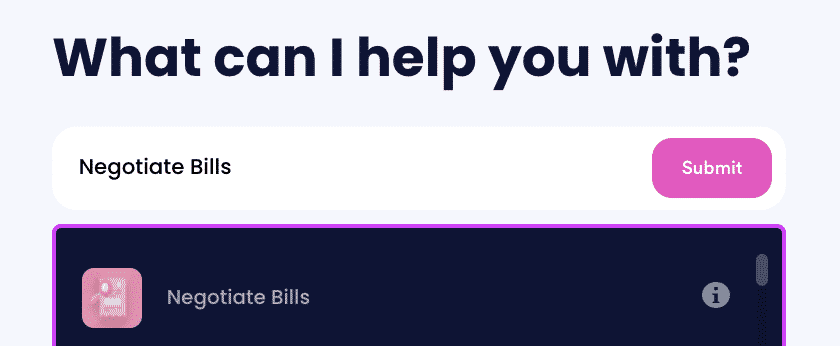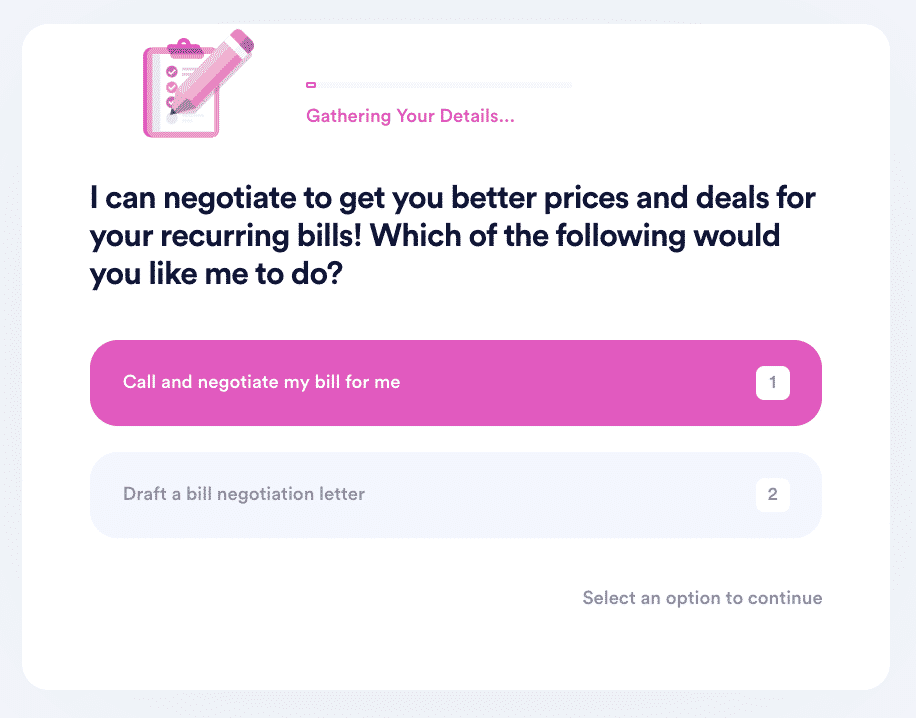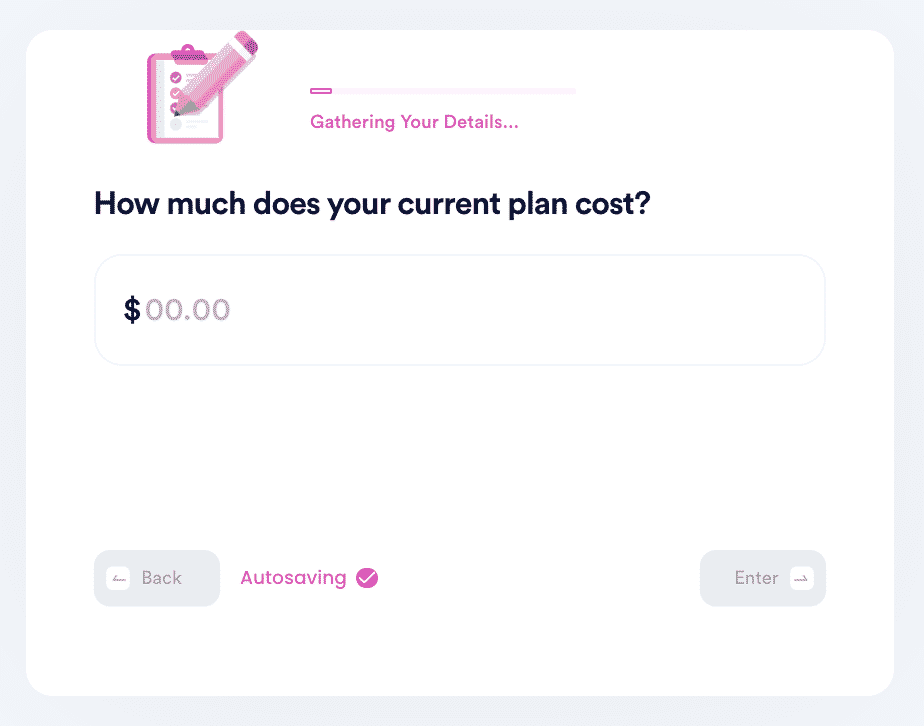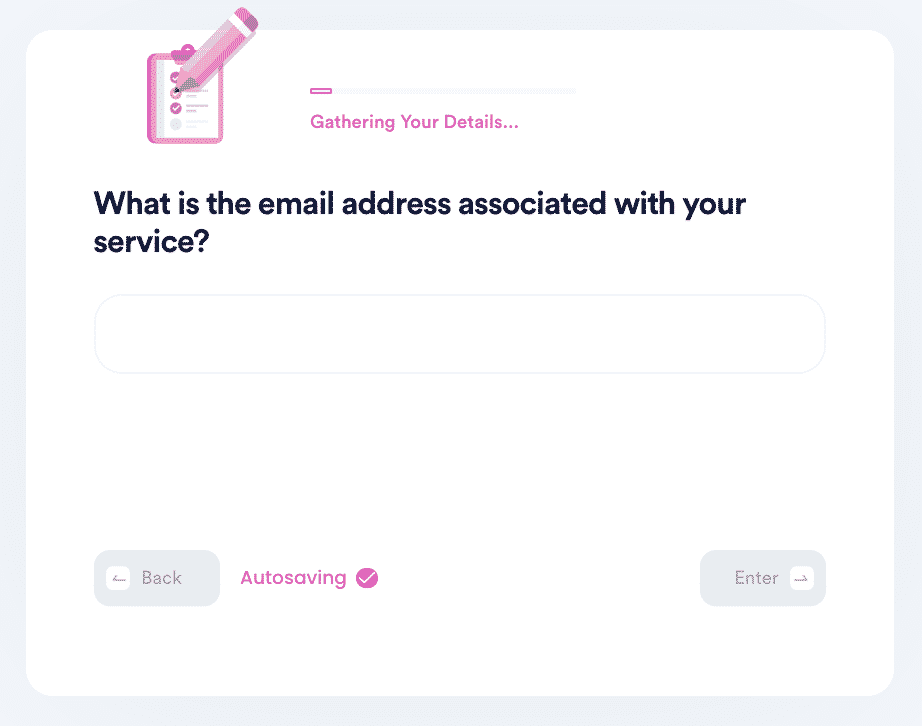What You Didn’t Know About Financial Assistance For Medical Bills
Healthcare can be costly for most Americans. Luckily, health insurance exists to provide limited . Not everyone can afford healthcare insurance, especially low-income earners.
Low-income earners have access to government-provided and funded health insurance plans, including Medicare and Medicaid.
What happens if none of these insurance plans is sufficient or unavailable? It is easy to want to find help paying hospital bills. Unfortunately, it is another hard thing having to discover and apply to programs to help pay medical bills. Still, it is important never to ignore medical bills.
For Americans struggling with paying bills, the US Department of Health and Human Services lists over 100 financial aid programs for different types of bills, including medical bills.
However, applying for hospital bill assistance from the relevant programs can be hard and almost futile due to the high number of applicants. Fortunately, DoNotPay can help you pay all types of bills and avoid the consequences of not paying medical bills. Here is a guide on getting help paying hospital bills.
Understanding Your Hospital Bill
You will receive a bill listing every charge if you have been in a hospital. Unfortunately, can be complex and challenging. It is not uncommon to find unexplainable charges, meaning you are paying for something you didn't use.
It is advisable to look closely at the bill and inquire about charges you don't understand.
A hospital bill lists the services you get, including tests and procedures, as well as supplies and medicines. You may also get a separate bill for healthcare provider fees.
If you have insurance, your bill will come with a form from the insurance company known as an Explanation of Benefits. Items to check for in your bill include:
- Dates and number of days you were in the hospital
- Number errors
- Double charges
- Medicine charges
- Charges for routine supplies
- Costs of reading tests or scans
- Canceled work or medicine
What Happens if You Don't Pay Medical Bills?
Hospital bills exist almost like ordinary debts. This means that failure to pay your medical bills on time leads to debt recovery by debt collection agencies. Most debt collectors don't abide by the consumer rights against unfair debt collection practices.
Such unfair debt recovery processes include constant harassing calls. If you are a victim of unfair debt collection, reach out to DoNotPay to help you stop unfair debt collectors.
In addition, failure to pay your medical bills prompts the medical institutions and caregivers to withhold ongoing medical aid. The effects may be adverse in such a case, including worsening of a patient's condition.
Ask for an Extension Date for Your Medical Bill
If you're uncertain about complying with the payment deadlines, you may request a payment extension for the medical bill. This way, the caregiver has—on record—your request not to have any debt recovery processes conducted on your pending medical debt.
To request an extension date for paying your medical bills:
- Write a letter
- Visit the caregiver in person
- Contact a lawyer to negotiate on your behalf.
Alternatively, you can liaise with DoNotPay to generate an extension letter and send it on your behalf requesting an extension.
Ask for a Waiver on Late Medical Fees
Just like asking for an extension, you can also negotiate or request a waiver on the late hospital bills. You can visit the caregiver in person, write a letter, or hire an attorney to negotiate on your behalf. You can also sign up with DoNotPay to request a waiver on your behalf.
How to Negotiate Hospital Bills on Your Own
Regardless of your circumstances, you can negotiate lower medical bills—whether you are a low-income earner or retiree with a limited pension. Talk to the caregiver to give you a payment plan or discount for the payment.
As a low-income earner or an individual over 65 years old, you may apply for Medicaid, Medicare, or a cheaper alternative. Another option would be to apply for a loan to clear the medical bills.
You may also agree with the caregiver to pay your hospital bill using your credit card. Generally, negotiating your hospital bills or requesting an extension on your own tends to be frustrating and hectic.
Getting Help Paying Hospital Bills With DoNotPay
Fortunately, DoNotPay is the perfect solution for solving your overwhelming bill issues. Negotiating a lower hospital bill by yourself means having to apply to several programs for financial assistance.
This is time-consuming, draining, and less effective. Here are the simple steps DoNotPay uses to help anyone who qualifies for .
- Go to the Negotiate Bills product on DoNotPay.

- Choose whether you want us to call and negotiate your bill for you or send a bill negotiation letter on your behalf.

- Provide the details that will help us negotiate your bill, including the company name and how much your current plan costs.

- Enter your contact information, including email, address, and phone number.

Sign up with DoNotPay to get help paying your medical bills.
Benefits of Hiring DoNotPay to Help you Get Medical Bill Assistance
- Easy. You don't have to fill out endless forms with DoNotPay.
- Fast. You don't have to spend days or lots of hours trying to get financial aid.
- Successful. Rest assured, DoNotPay will come through for your financial aid plea.
DoNotPay Provides Bill Payment Assistance Services Across All Platforms
Besides helping you get , DoNotPay can help you:
| Pay your internet bills | Pay your gas bills | Pay your power bills |
| Pay your electric bills | Pay your light bills | Pay your cellphone bills |
What Else Can DoNotPay Do?
DoNotPay provides additional aid services, including:
- File a complaint
- Connect with an inmate in any state
- Notarize any document
- Send Demand Letters To in a small claims court
- Find unclaimed money
- Conduct a sex offender search
- Get airline compensation for delayed or canceled flights.
Sign up with DoNotPay to help you find the best hospital bill assistance programs!
 By
By